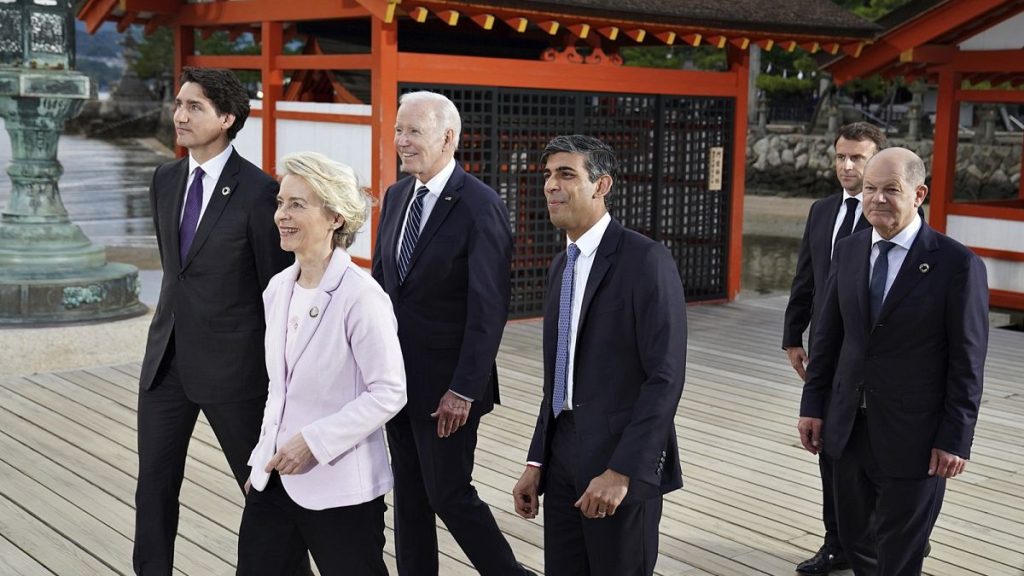European citizens overall support the idea of the European Union playing a stronger role in international affairs, according to a recent Euronews poll conducted by Ipsos. The survey found that 40% of respondents see this as a “priority,” while 42% believe it is “important but not a priority.” Only 18% considered the goal to be “secondary.” This reflects a growing awareness of diplomacy in light of recent crises such as the COVID-19 pandemic, Russia’s invasion of Ukraine, and the Israel-Hamas war. These events have highlighted the need for the EU to have a more prominent presence on the global stage and work with its Western allies to address challenges like climate change, irregular migration, fake news, and artificial intelligence.
European Commission President Ursula von der Leyen has emphasized the importance of a “geopolitical” approach and stronger international engagement. She has spoken about the need to invest in alliances, promote European values, and protect Europe’s interests through cooperation with other countries. While almost five years later, Europeans seem to share this view to some extent, the survey indicates varying levels of support for a stronger Global Europe among different member states. Countries like Portugal, Bulgaria, and Spain have higher percentages of citizens who see this as a “priority,” while nations like Poland, Romania, and France have more residents who view it as “secondary.”
When looking at voting intentions for the upcoming European Parliament elections, supporters of pro-European parties are more likely to consider boosting the EU’s international role as a “priority.” This includes voters of the European People’s Party, the Socialists & Democrats, Renew Europe, and the Greens. On the other hand, supporters of parties like the European Conservatives and Reformists group and the Identity and Democracy party are less enthusiastic about prioritizing the EU’s global clout. Overall, among the various courses of action surveyed by Ipsos, strengthening the bloc’s international influence ranks eighth, above issues such as aid to Ukraine and protection of minorities.
These findings suggest that while there is general support for the EU playing a stronger role in international affairs, it may not be the top priority for all European citizens. The results of the poll highlight the importance of addressing global challenges collectively and the need for Europe to actively engage in diplomacy and cooperation with other countries. As the EU faces complex issues that transcend national borders, a more active role in international affairs may be crucial for ensuring the security and prosperity of European citizens. Moving forward, policymakers and leaders will need to consider these perspectives and work towards strengthening the EU’s position on the global stage while addressing the concerns and priorities of their constituents.


